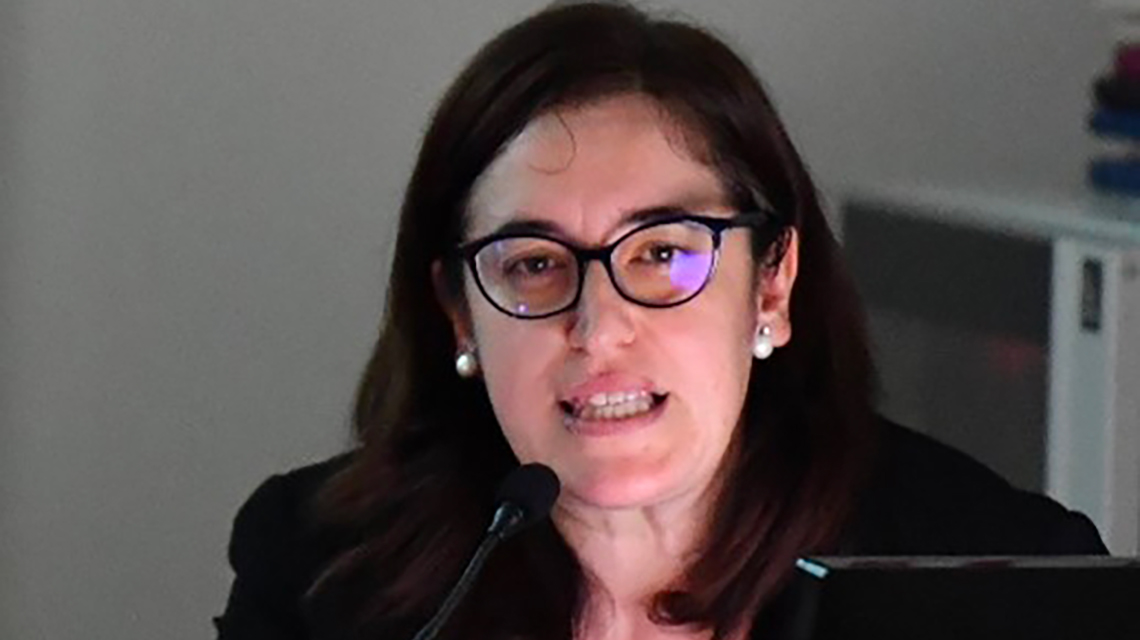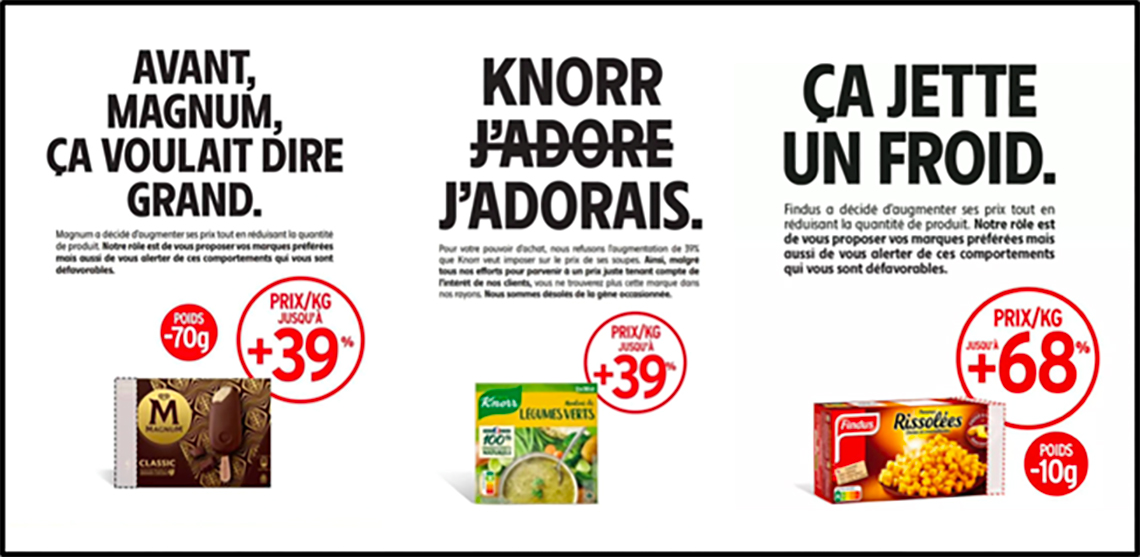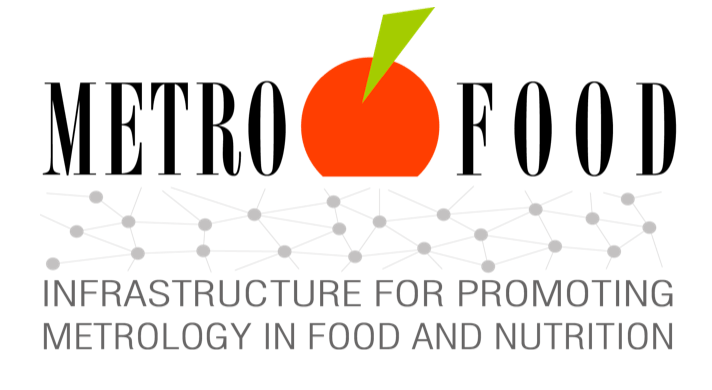Strengthening of the Italian Research Infrastructure for Metrology and Open Access Data in support to the Agrifood
Shrinkflation, Pay More for Less: Towards Conscious Consumption, Away from Deceptive Commerce

It was in 2009 when the English economist Pippa Malmgren coined the neologism "shrinkflation" to describe a widespread commercial strategy where the quantity and quality of products are reduced while keeping the price stable, if not increasing it. Shrinkflation does not constitute fraud because the product information is correctly indicated on the packaging.
However, minor differences in grams or ingredients may not be easily noticeable to consumers who are more attentive to frequent price increases than to the reduction in package sizes. Given the undeniable advantages of this marketing technique, companies apply it indiscriminately to food packaging, coffee cup sizes, and service offerings. During the last Super Bowl, the President of the United States, Joe Biden, posted an explicit message on his X profile: "If you're like me, you like to have a couple of snacks on hand while watching the game. But you may have noticed that chip bags are increasingly empty and drink bottles are smaller. Shrinkflation is a quick way for companies to make a profit hoping you won't notice. But do us a favor. Americans are tired of being taken for fools."
What is shrinkflation?
Some legislators, like those in the United States, are considering the Shrinkflation Prevention Act to protect consumers from a practice defined as "an unfair or deceptive act or practice," as also highlighted by President Biden. However, in countries like France, there is already a law that requires manufacturers to label products as "shrinked" starting from July 1st, because according to the French Minister of Finance, Bruno Le Maire, the state's intention is "not to fill the pockets of industry giants." Shrinkflation - known in Italian as "sgrammatura" - from the verb "to shrink" and the term "inflation," is indeed a practice that lacks transparency towards those who purchase a product or service. However, according to the Italian Antitrust Authority, it cannot be considered unfair or even a crime because awareness of the phenomenon is now widespread.
This practice challenges the attention and presumed awareness of shoppers: different sizes of a product sold at different stores but at the same price; apparently convenient multipack formats with reduced individual sizes; "limited editions" for taste or appearance whose price matches the standard edition but not its quantities. Some of these practices are also known by specific terms. For instance, there's greedflation, where the price increase of a product is justified by inflation, but production costs haven't actually risen; or skimpflation, where companies reduce their contribution to quality or associated services while maintaining the same price.
What's the relationship between producers and consumers?
The paradox of these practices is that they have long affected the production and distribution of products/services, especially food, they are well known to experts and system actors, but they continue to be barely visible to end recipients. Consumers, whose "trained" awareness should protect them from the difficulties of choosing between ever-increasing prices, decreasing quantities, and quality in products, and numerous and disorienting offers. Besides being aware, consumers are required to consider what they can afford, carefully read prices, offers, but also labels, and ideally have detailed memory to make subsequent comparisons on the same product or in other stores. All this while navigating crowded shelves or abundant displays that deserve more time and attention than what is normally reserved for shopping.
On the other hand, companies have every interest in cost-effective production and increasing profits. To achieve these objectives, they must contend with growing competition that aims to undercut prices but also with consumers who might reduce their purchases and impact the company's reputation if they discover they are victims of deception. The formula of the capitalist system prioritizes goals such as profit over the well-being of consumers, influencing their behaviors and choices.
What can METROFOOD-IT do?
What the Italian legislature has established can be an excellent starting point for reconciling the opposing needs of producers/distributors and consumers in the food system. For an purchase to be truly conscious, the purchaser must be in a position to do so: clear product information, sufficient time to read them, adequate knowledge to evaluate them, but also spending objectives to meet real needs are essential supports at the time of purchase. These conditions are part of an integrated process that extends from production to purchase outcomes, where the objectives of sellers can meet those of buyers, appearing to be opposed between profit and savings only superficially. The determination of an integrated agri-food system involving all stakeholders makes the benefits of smaller portions for health or the advantages of using more expensive eco-friendly materials visible and acceptable for the environment.
If the agri-food system can equip itself with increasingly precise data on all these processes, it will be able to develop the right strategies that naturally and not forcibly reconcile different objectives and interests, from those of companies to those of consumers. Attention to integrating the objectives of agri-food system stakeholders is the focus of METROFOOD-IT activities. This research infrastructure is funded under the National Recovery and Resilience Plan (PNRR) and aims to support research and innovation in the agri-food sector by providing integrated services, accelerating the digitalization of agri-food systems and their efficiency, traceability, and sustainability, and promoting the reliability of products and processes and the information provided to citizens, local authorities, and all stakeholders of agri-food systems. In short, everything needed to guide consumption and production behaviors towards sustainability and... pay less for more!

Posters displayed in Intermarchè shops in France warning about the shrinkflation of big brand products





